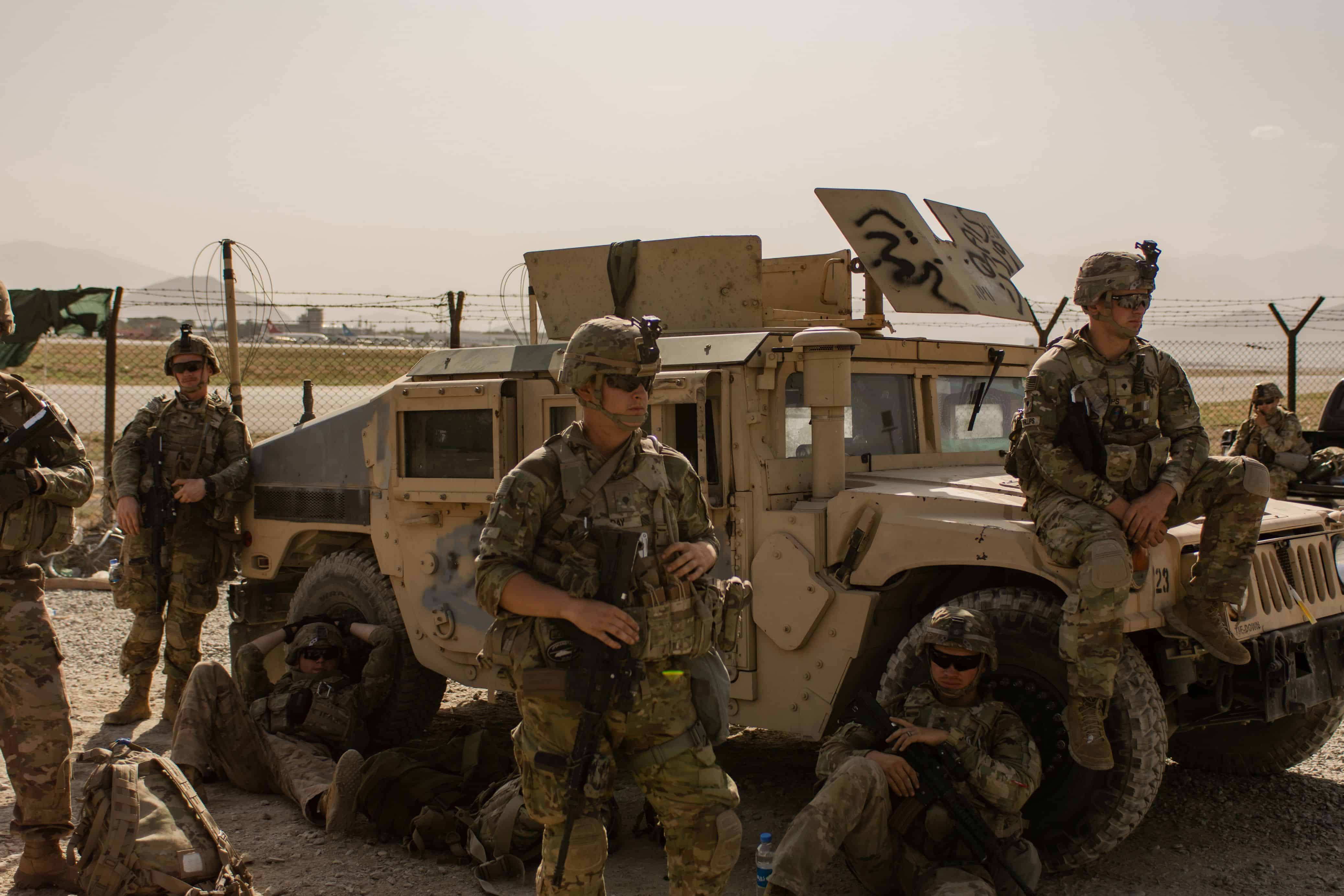The U.S. military is preparing potential evacuation plans for its 1,100 troops stationed in Niger following a coup in the West African nation. Although there are no immediate plans to leave, Air Force Gen. James Hecker has said that preparations are being made if an evacuation is ordered. The U.S. has already ordered a partial pullout of embassy personnel and suspended some operations in the country. The loss of access to Niger would be significant and difficult to replace, and could affect U.S. counterterrorism efforts in the region.
Key Points:
- U.S. Troops in Niger: The U.S. military has been actively involved in Niger since 2013, assisting in counterterrorism efforts against groups like al-Qaida. With 1,100 troops stationed and two major drone bases operated in the country, the U.S. has a considerable presence in the region.
- Coup and Response: The military in Niger announced it had ousted President Mohamed Bazoum and seized power in late July. In response, the U.S. has suspended some activities and ordered a pullout of many U.S. Embassy personnel, though no immediate plans for military evacuation have been set.
- Potential Impact of Evacuation: According to Air Force Gen. James Hecker, an evacuation of American troops would hinder the U.S. military’s ability to collect intelligence and conduct surveillance in the Sahel region. The loss of access to Niger would be difficult to replace, even though attempts would be made to partner with other allies in West Africa.
- Investments and Assets in Niger: The U.S. has invested hundreds of millions of dollars into bases in Niger, including a $110 million airfield. If forced to withdraw, the U.S. plans to take everything back in a slow, peaceful withdrawal, but would leave behind some non-sensitive equipment if a dangerous evacuation is required.
- Continued Planning and Uncertainty: While the situation is being closely monitored, a decision on whether to withdraw is expected to be weeks, if not months, away. The U.S. military is continuing to plan for various scenarios, and civilian leadership is urging patience and readiness for any developments.






